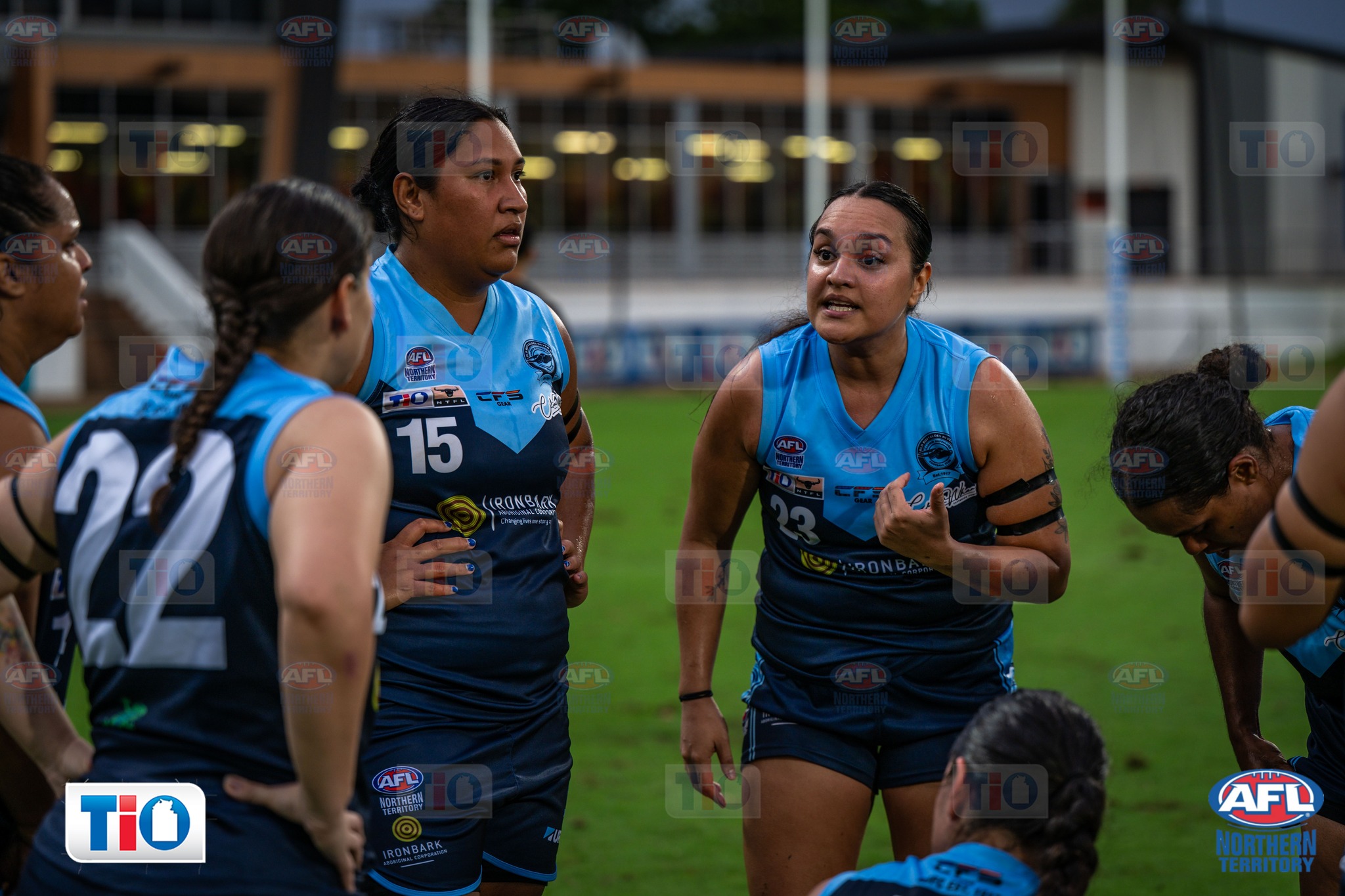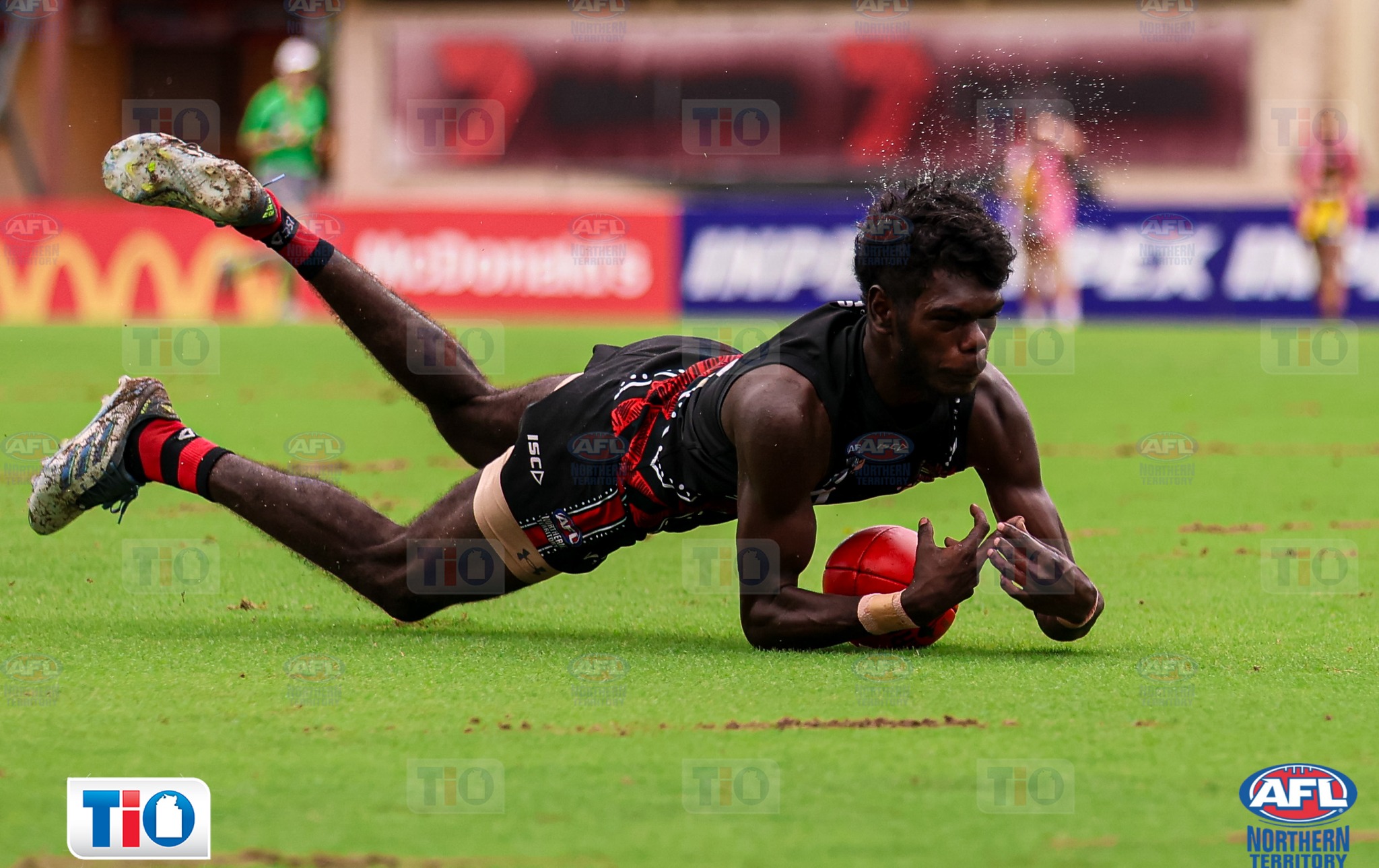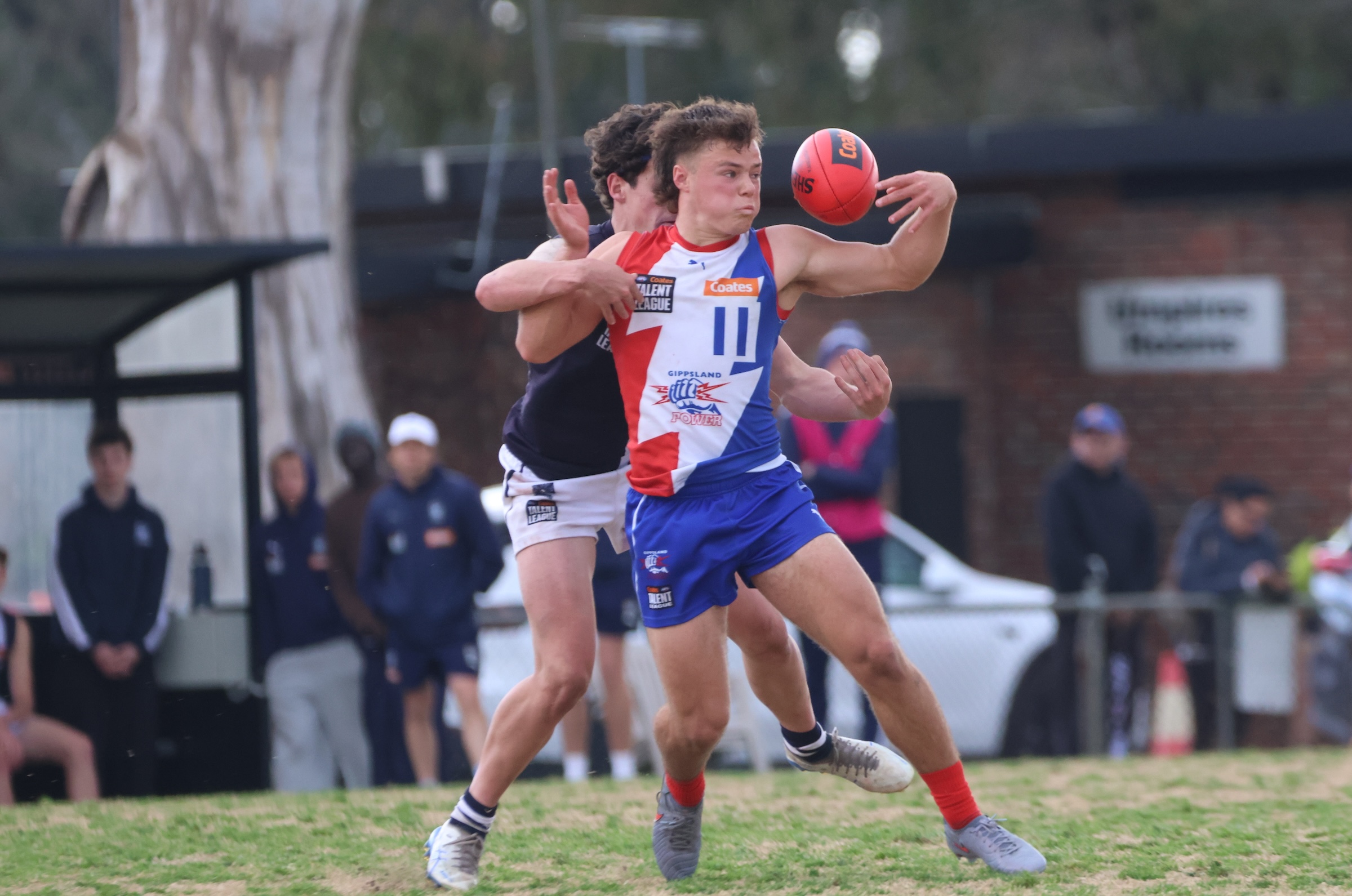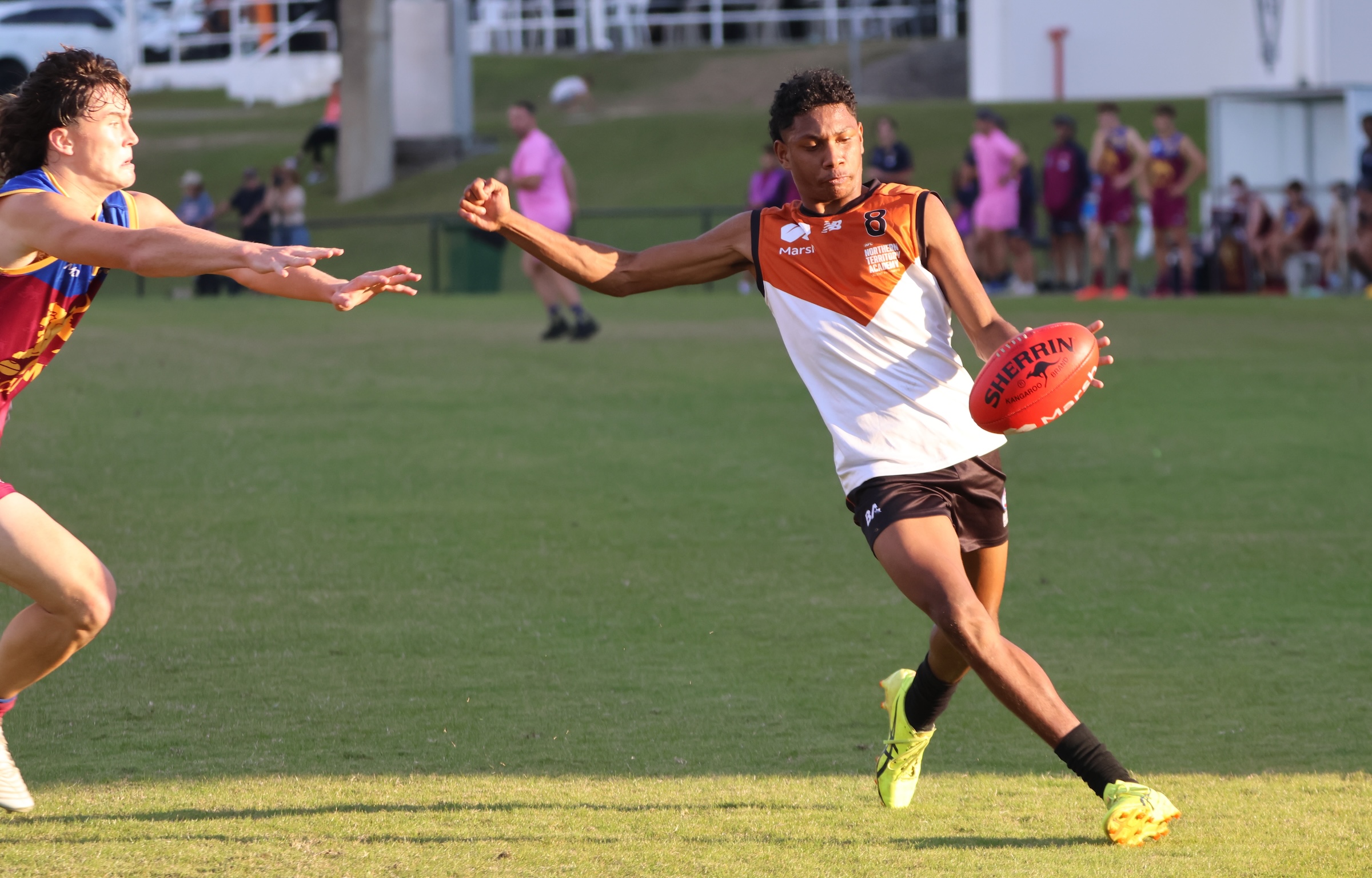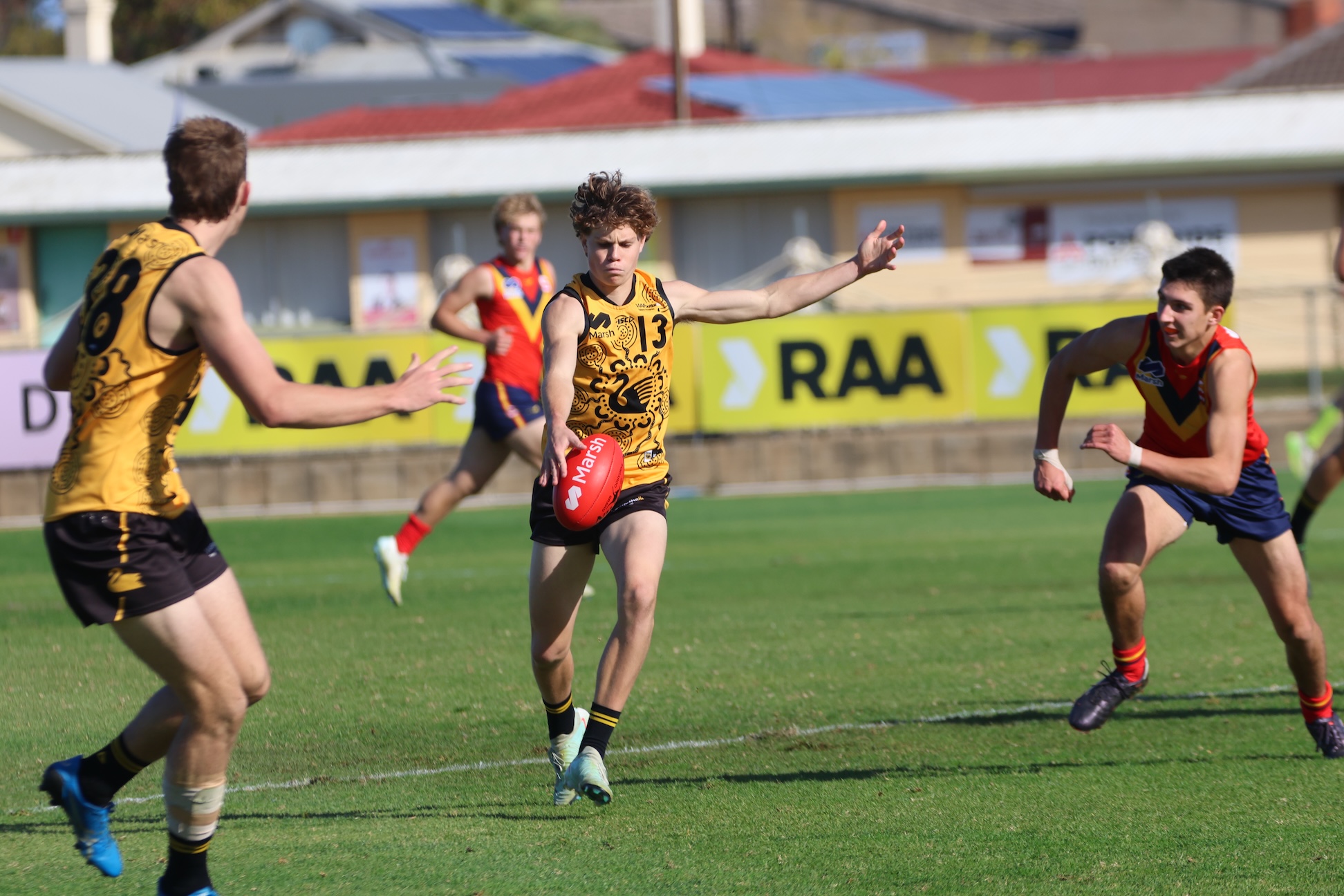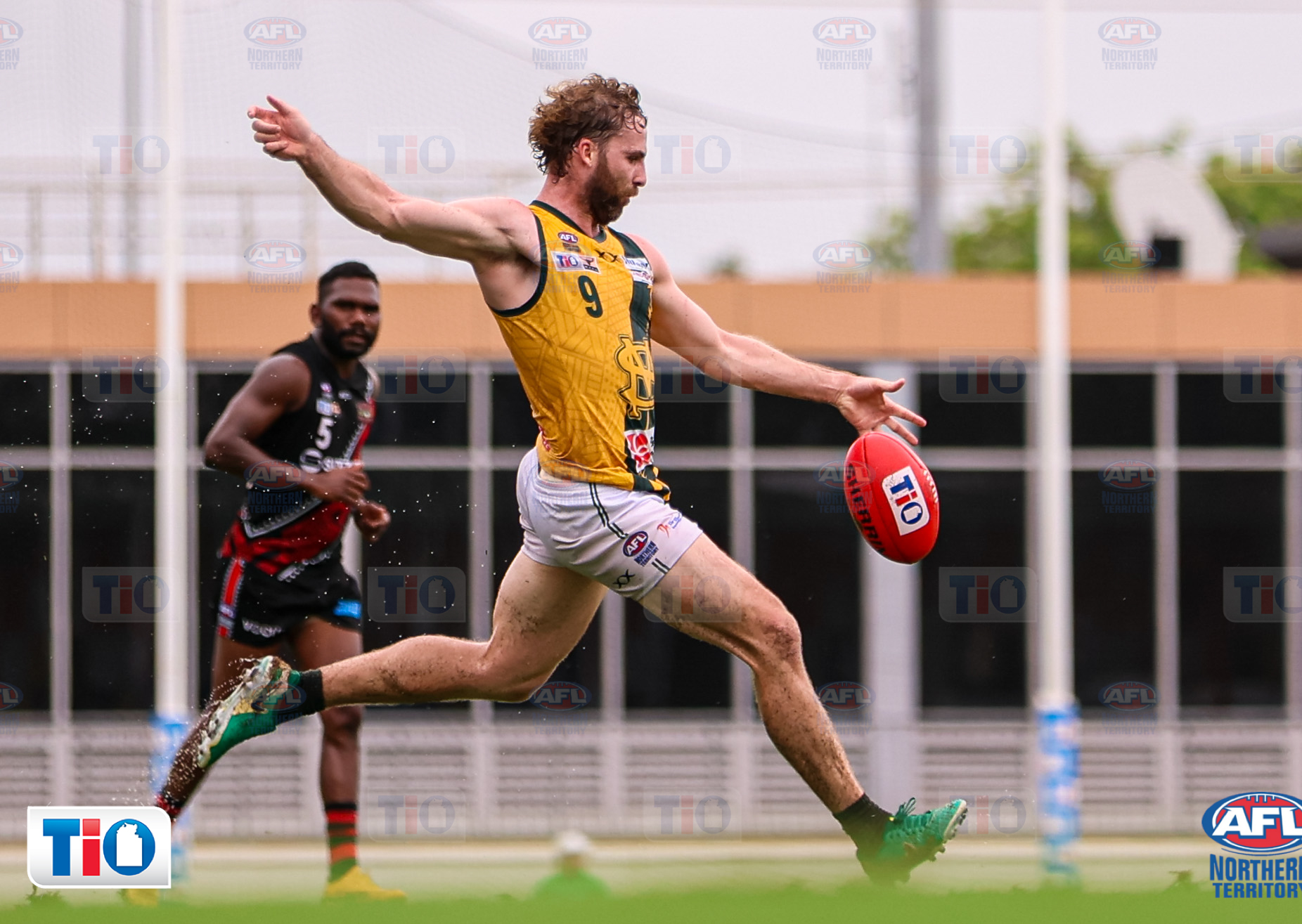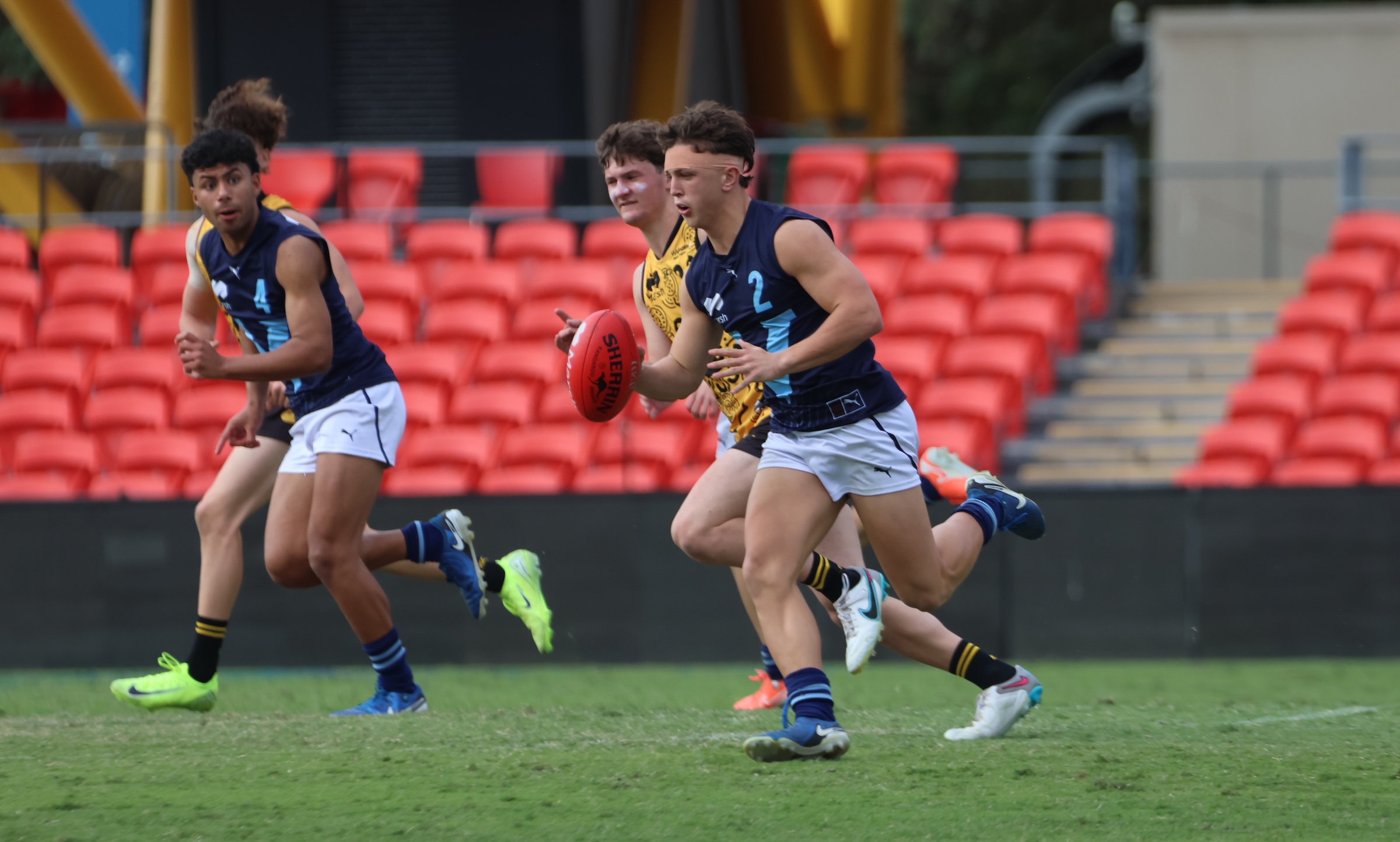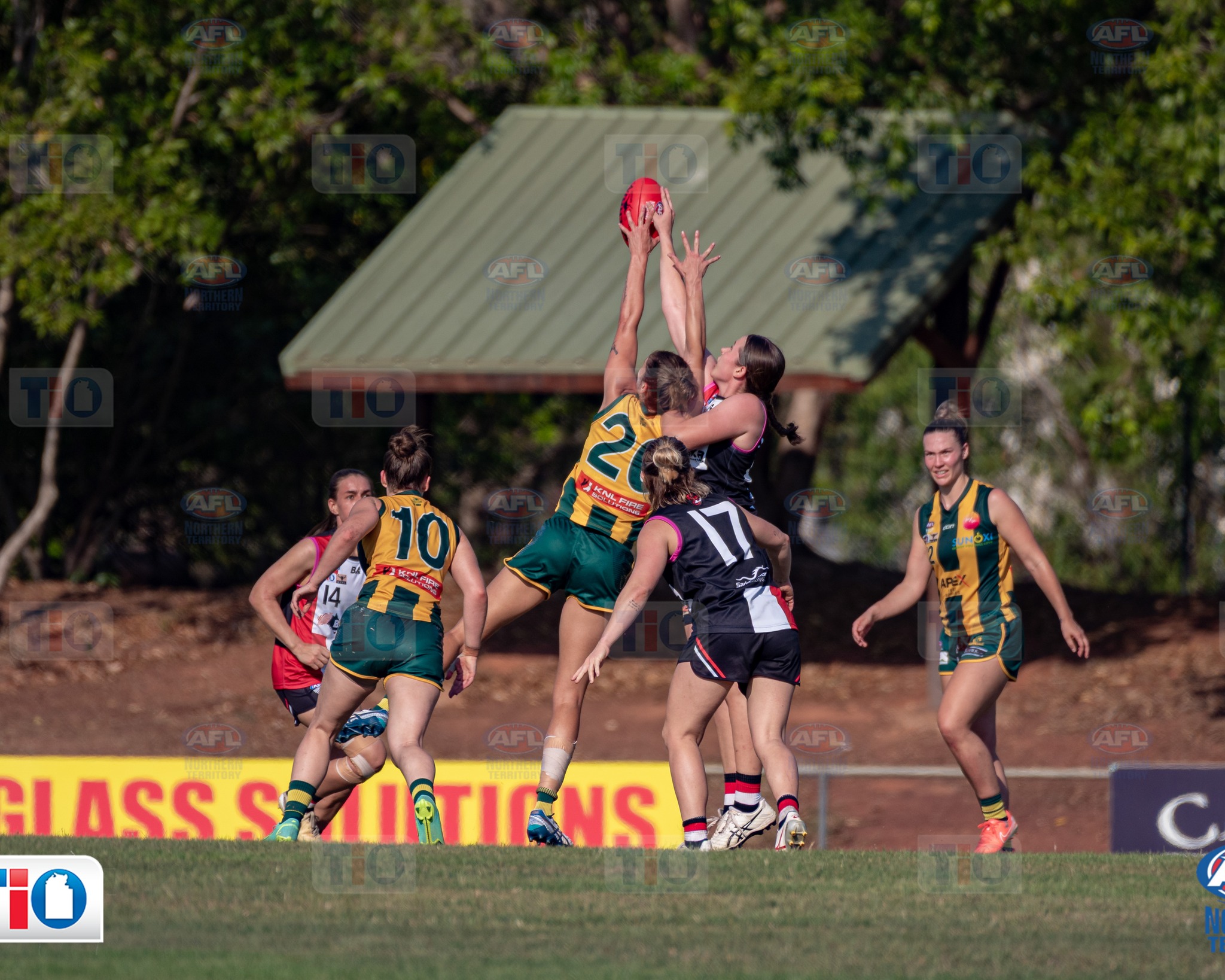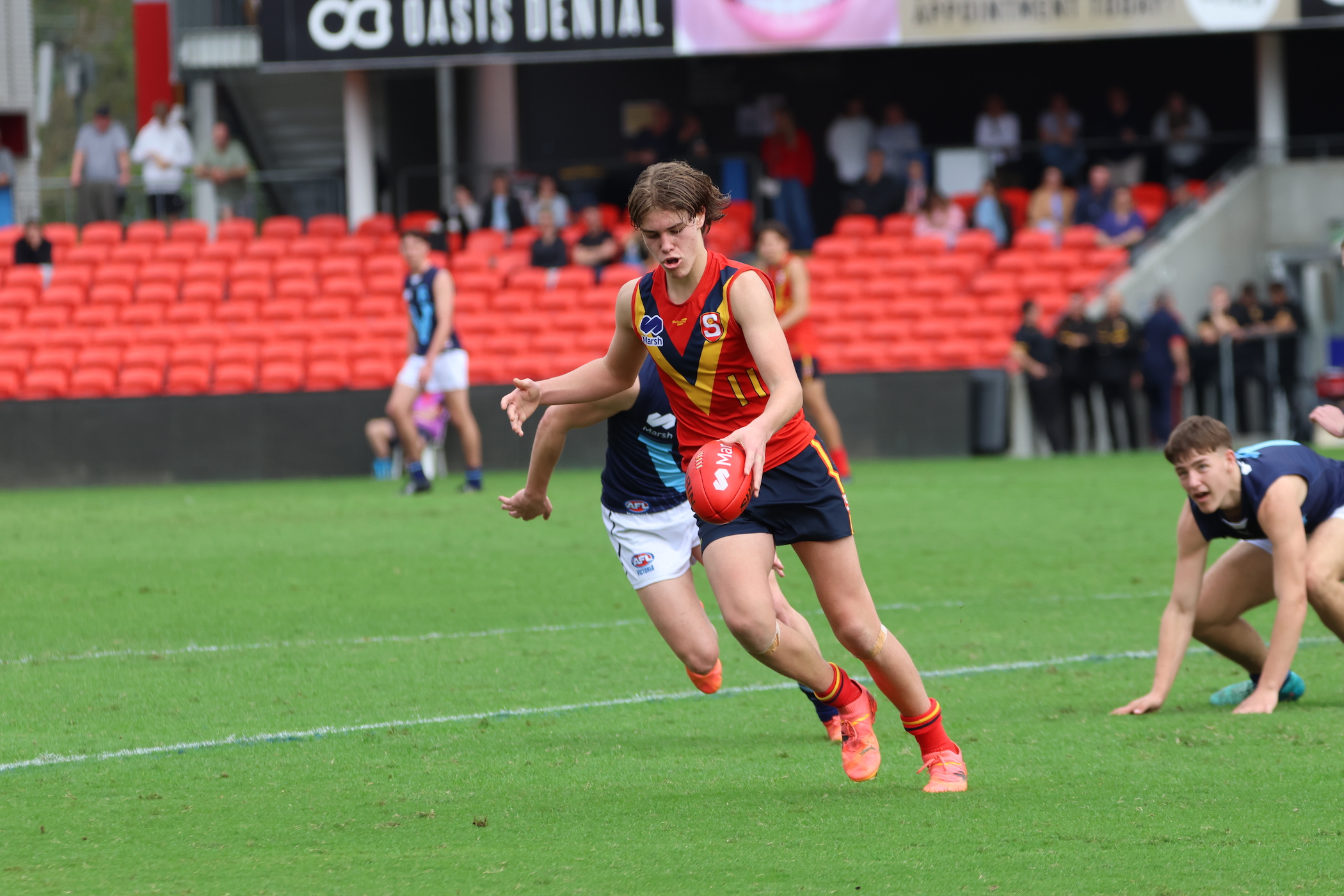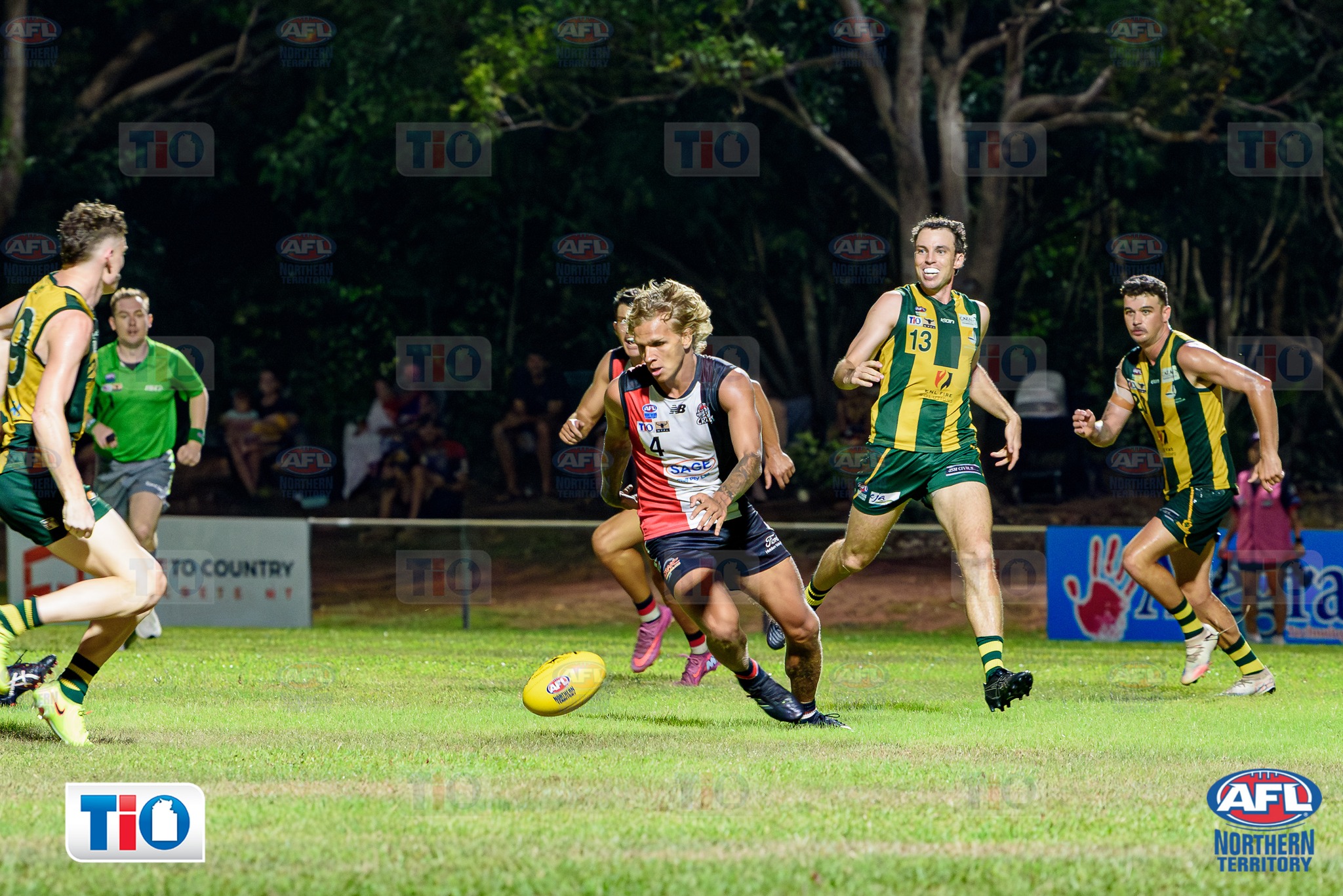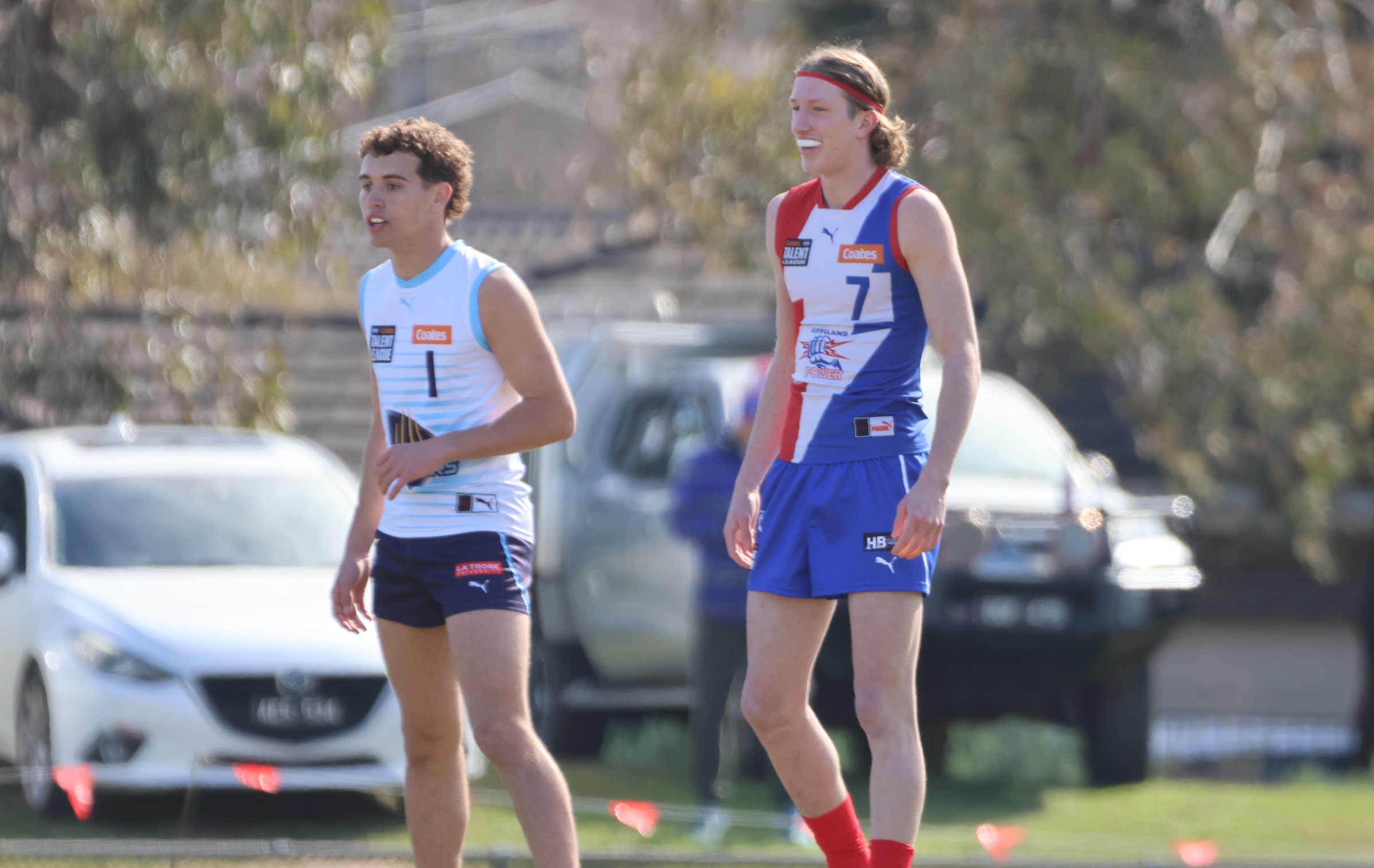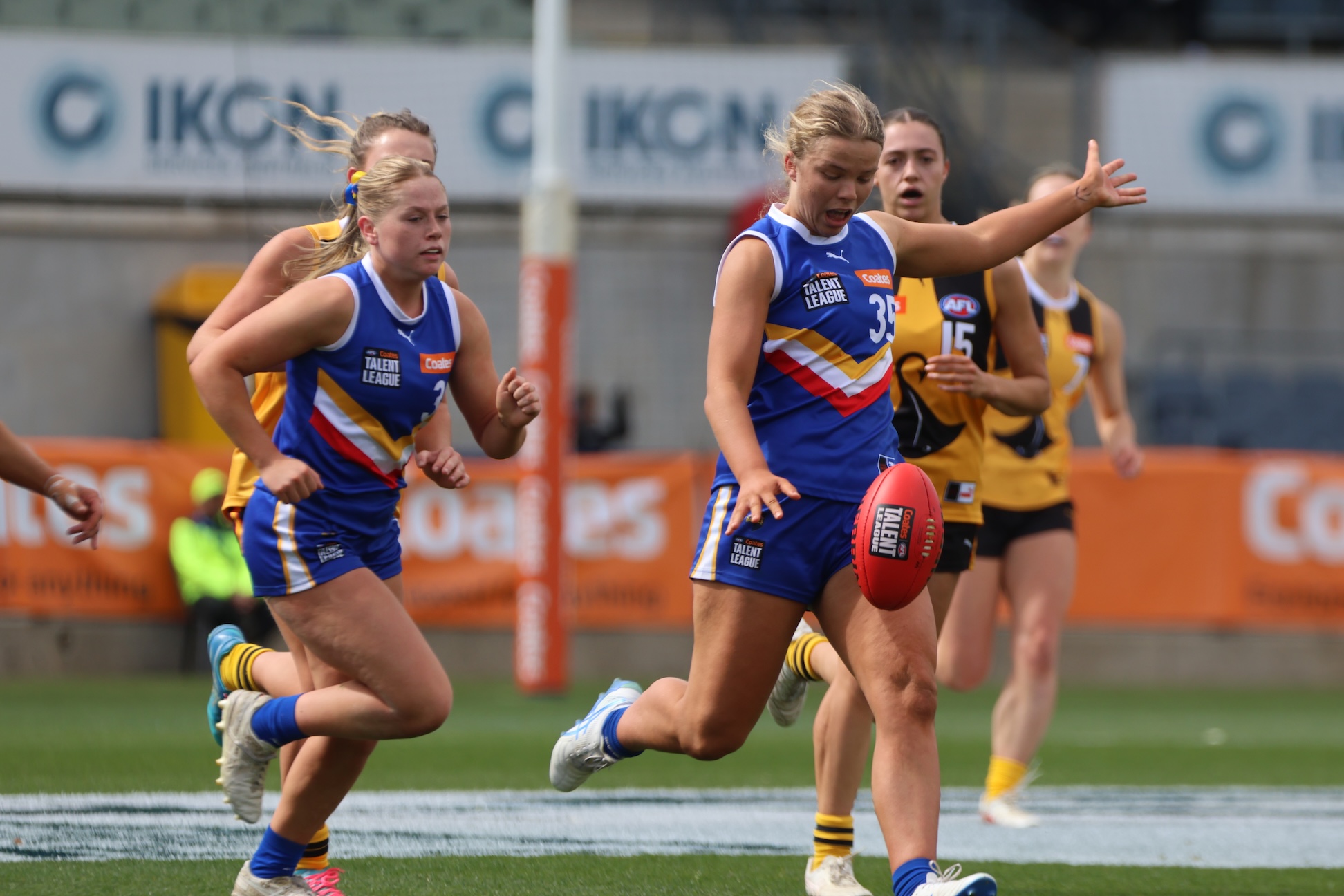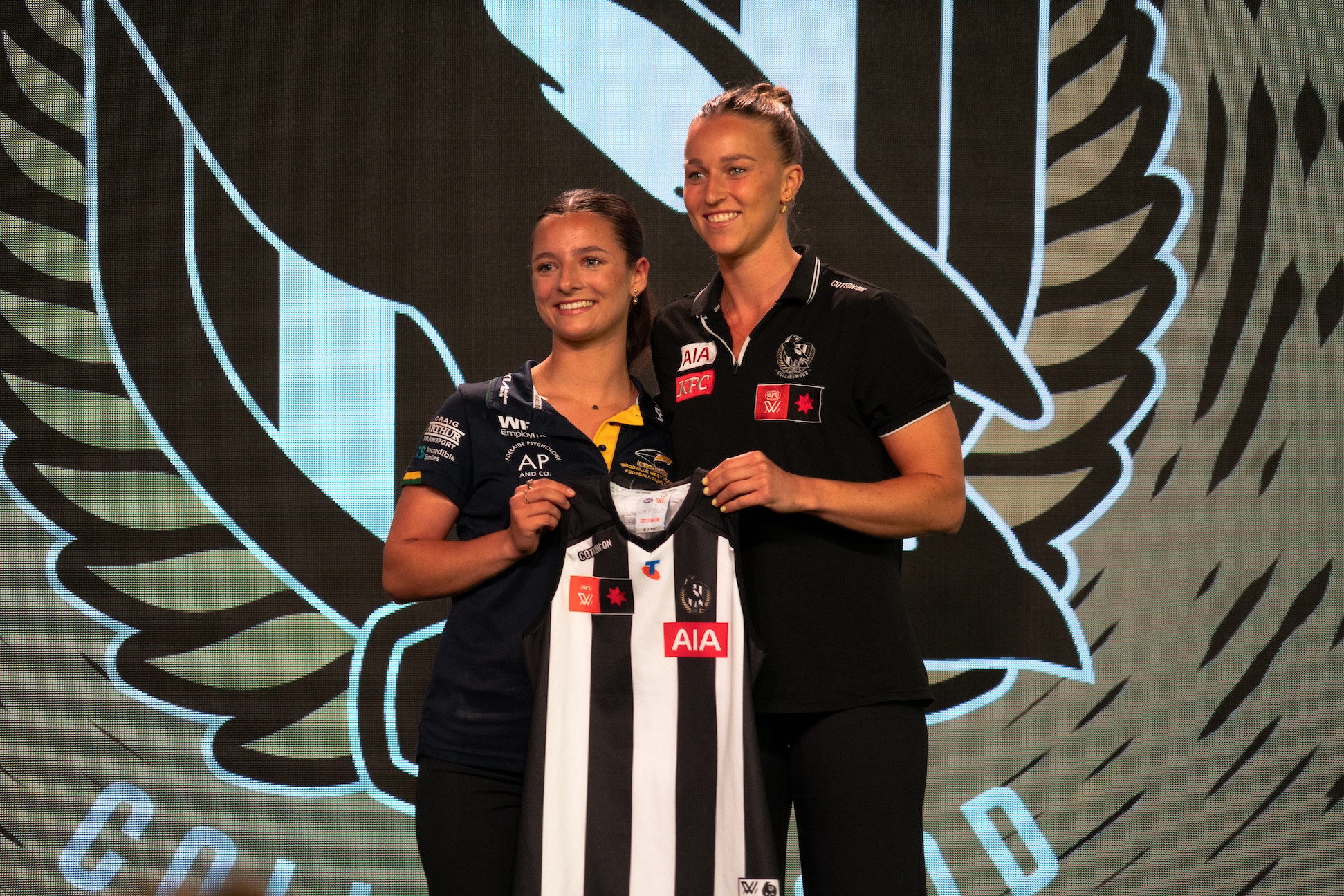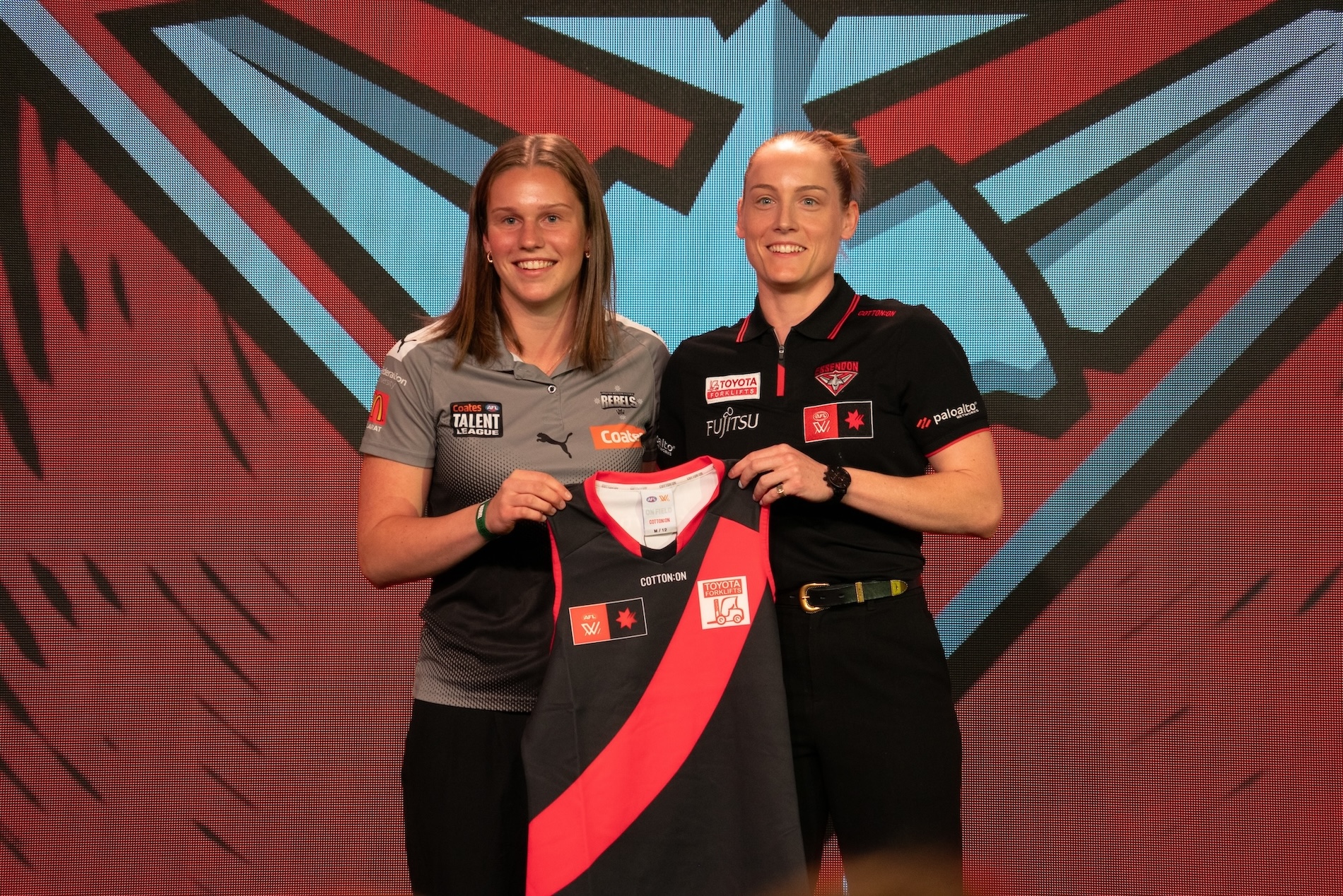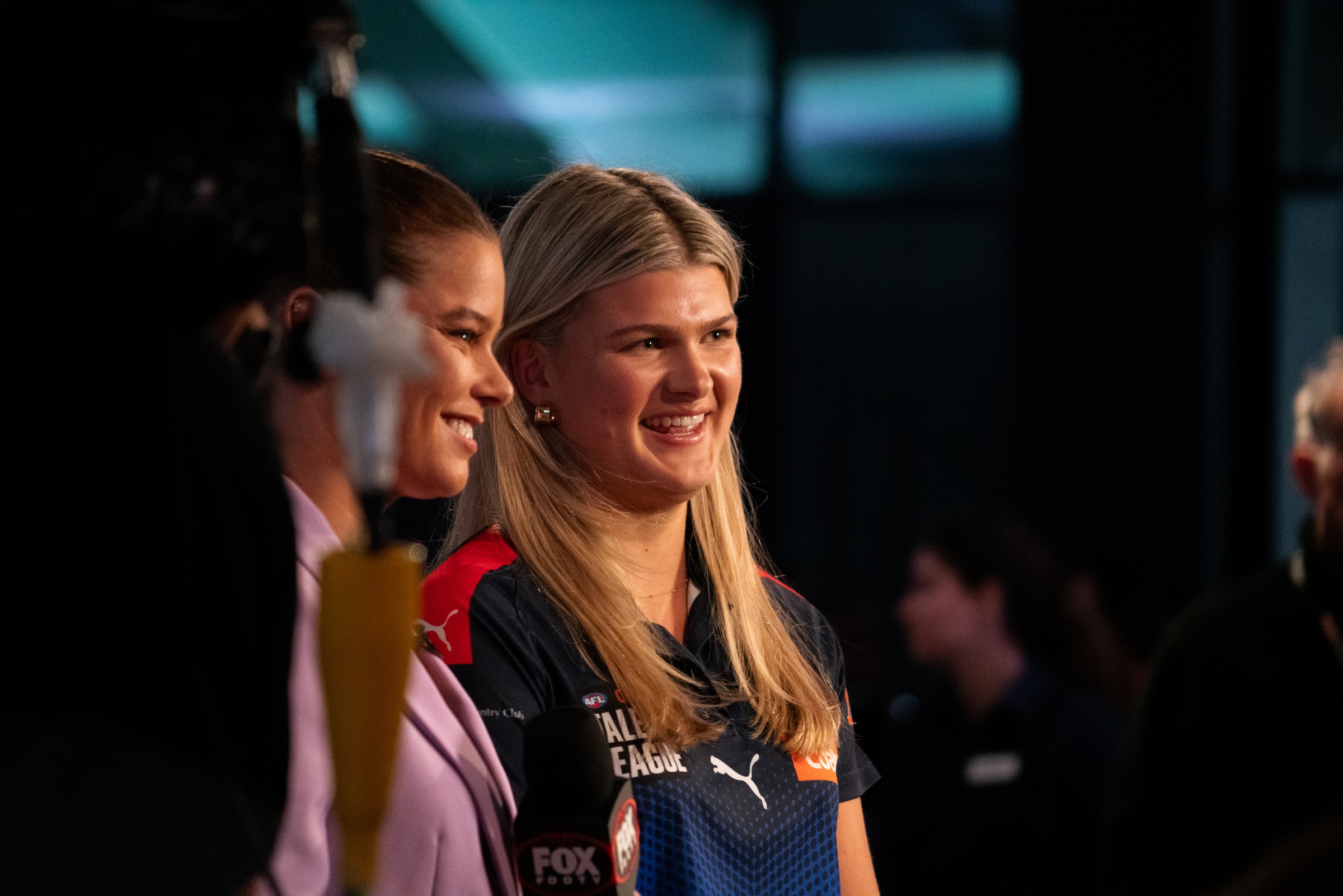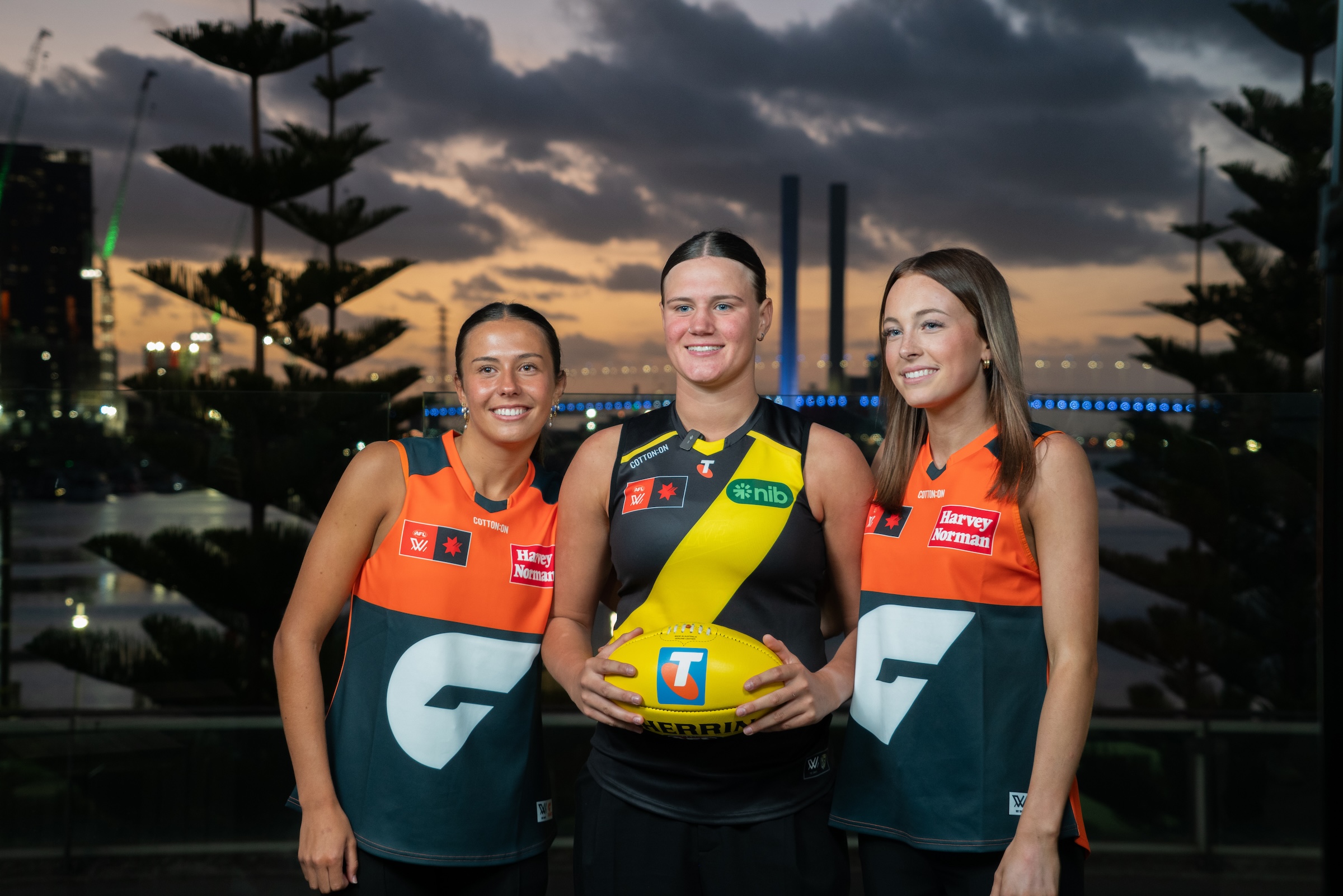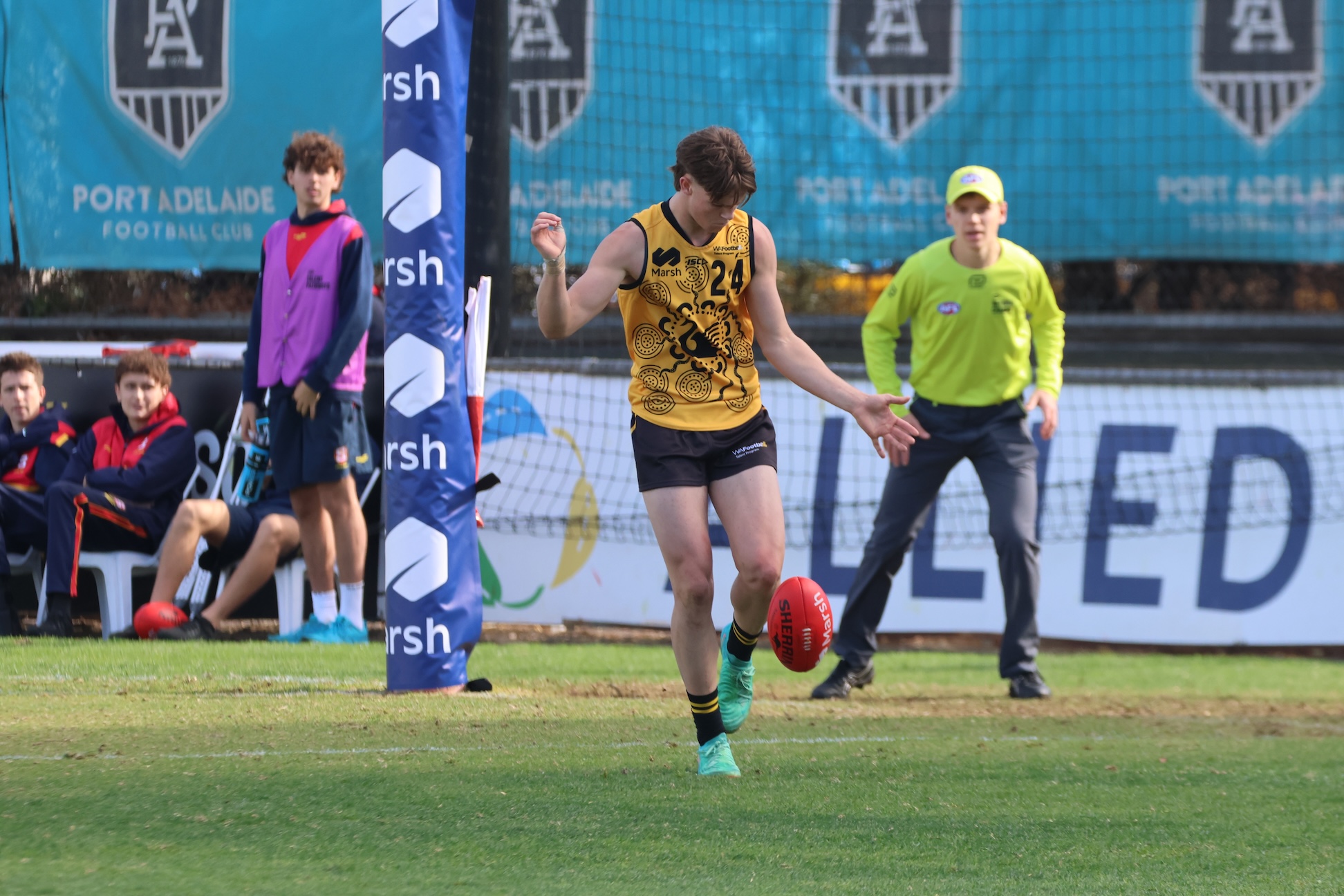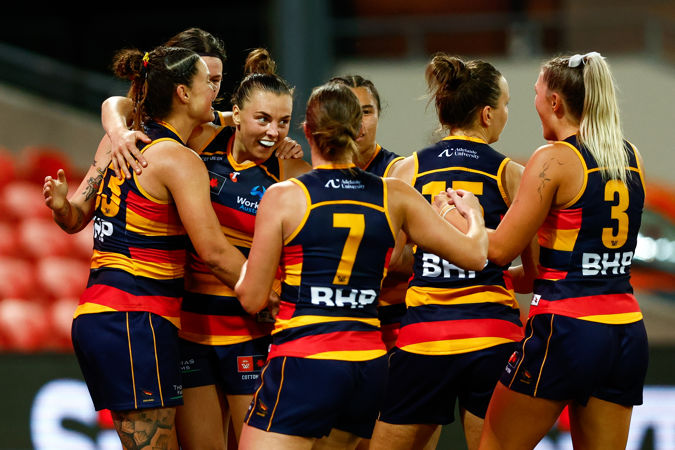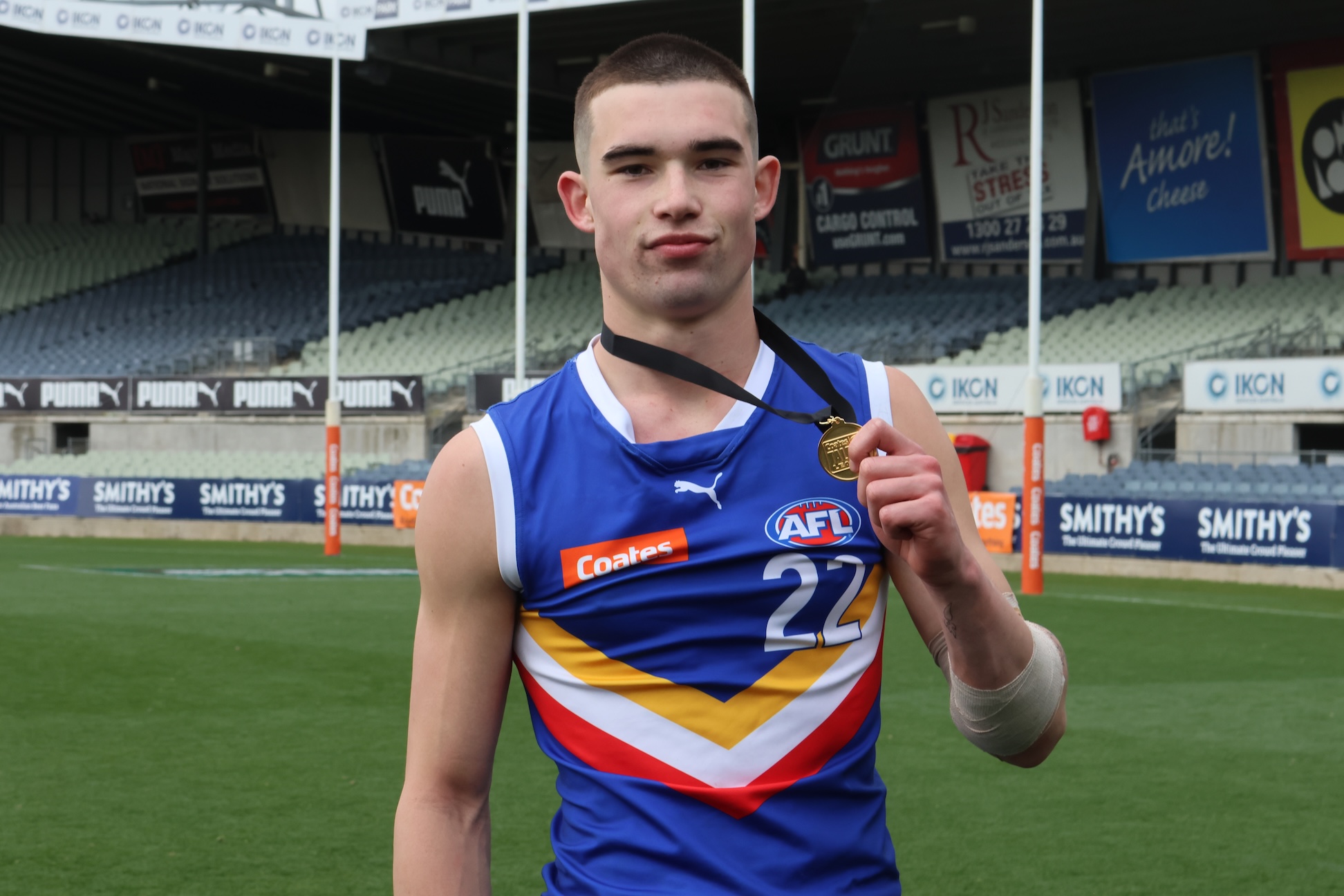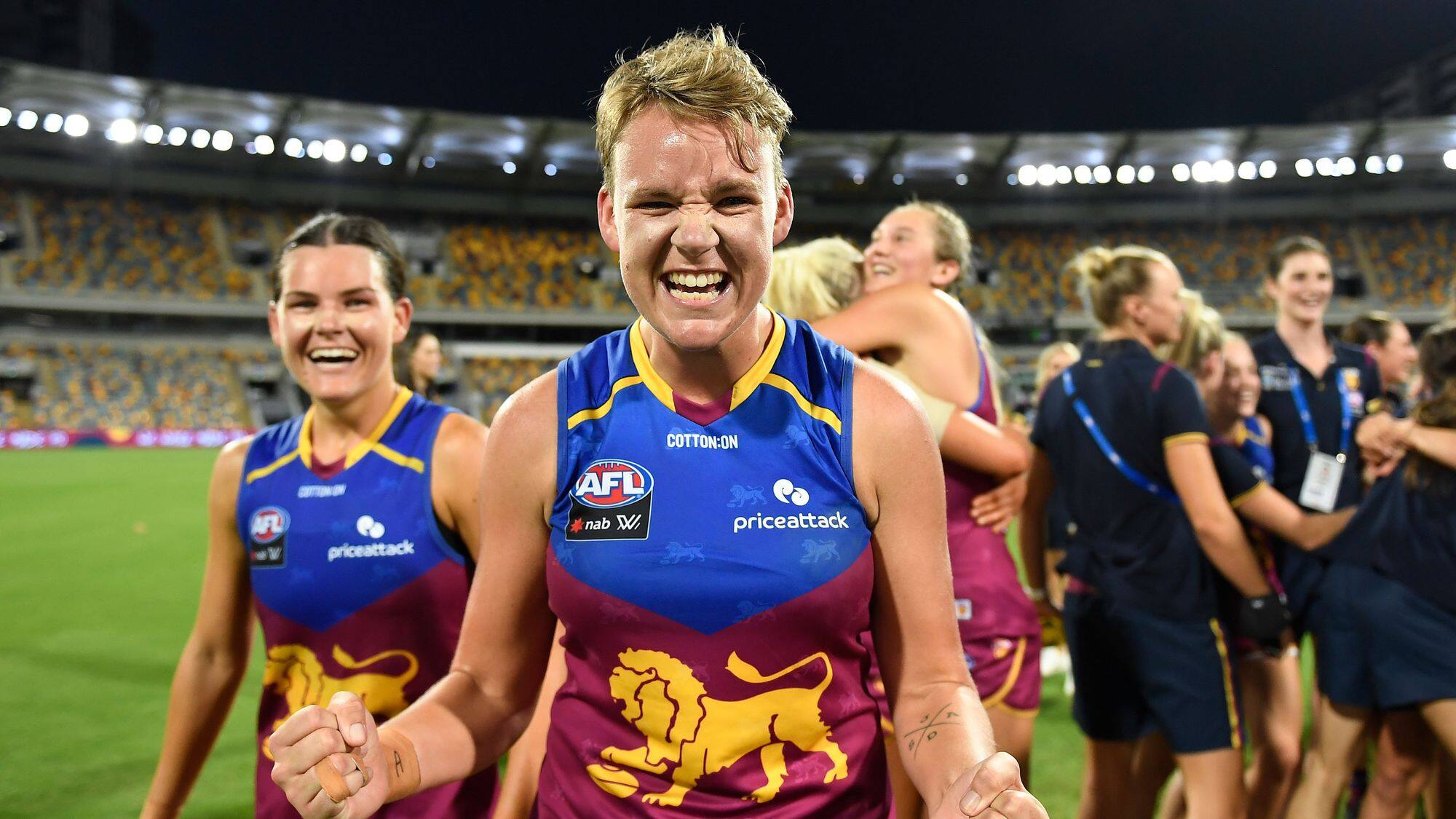Kaslar a trail blazer wherever she goes

The 10th AFL Women’s season is set to play out in 2025, and the competition has come a long way since that first round of matches about eight years ago to the date.
As a way to celebrate the milestone, Rookie Me Central will be catching up with some of the pioneers of the early AFLW to reflect on their careers and see what they have been up to since they retired.
In the first article of the series, it is time to catch up with former Lion and Sun, Leah Kaslar.
Leah Kaslar is the very definition of a trailblazer. Wherever she seems to go these days; from an early leader of the Brisbane Lions, to an inaugural Gold Coast Sun, and now in the mining and construction sector.
Reflecting on the journey women’s footy has been through since she started playing, Kaslar said that it has come “a really long way”.
“I played in the first exhibition game at the MCG and there was no crowd in there whatsoever, and I paid for my flights to get there and I slept on the floor on a mattress at my friend’s place,” she said.
“I remember going from that to having most players full-time, and probably the biggest thing for me is just the fact that boys and girls just think of football as a footballers, to me that shows how far it’s come.”
The defender ultimately played 36 games across five seasons, three of which were at Brisbane before crossing to Gold Coast to be closer to home.
Kaslar said it was “really special” to be an inaugural list member of two AFLW clubs, especially in the Sunshine State.
“[With] both being Queensland teams and from where I’ve lived, I’ve played with and coached with girls on both of those sides,” she said. “It was an honour to be able to play for two clubs in my state and be part of the first teams there is amazing.
“It’s really challenging as well, because starting up AFL programs from the start isn’t easy, you kind of build year on year. You educate players and you build your culture and then you’re able to add some more things each year.”
She may not have won the long list of individual accolades like premierships like some of her fellow pioneers, but Kaslar has still come away from her career with plenty of things to be proud of.
“It’s funny, I was just doing up a football document about coaching and put my bio in, and I’ve got an extended bio that kind of lists everything I did for the last 10 years, and I’m really proud of that. I looked at that and I said ‘Wow, it’s too much’ so I just cut it down and I put the things that were most important to me,” Kaslar said.
“I guess what I achieved that is the biggest achievement really is the impact that you have on other people… I think it’s great aspiring to be a leader because that shows you want to demonstrate the values of the club and you want to take ownership and responsibility, but I also think it comes with great responsibility.
“It’s not the title or not the accolades, it’s actually knowing that your peers value what you’re doing and that you’re making a positive impact. So that’s probably the biggest success that I’ve had.”
Kaslar did not completely stop playing the sport after retiring from the AFLW, having played in several state leagues in the years since.
She has also done a bit of coaching, and although it is something she would like to go back to, she says it is not a priority for her right now. Kaslar is finishing off her level three accreditation, but her focus now is the start up of her business, Djookian, which she founded with good friend and fellow AFLW pioneer Kirby Bentley.
Djookian is a company that will be selling and hiring out hybrid renewable energy generators to the construction of mining industries to try and replace diesel generators.
As Kaslar explained it, the name is a “Noongar word for sisters, and it represents the relationship that Kirby and I have.”
Kaslar and Bentley have been friends for over 15 years, with the pair first meeting as East Fremantle team mates in 2009.
They settled on the business model for Djookian as a way to utilise Kaslar’s background in environmental science and her masters of business administration and Bentley’s experiences in the mining and construction industries.

“Our aim is to improve environmental sustainability. through reducing the amount of carbon that’s being used on projects,” Kaslar explained.
“At the same time, we want to provide employment opportunities and education opportunities for women to enter those industries because they’re, they’re pretty male dominated and, diversity improves success and we want to create like real pathways where women can go.
“We’ll also be prioritizing Aboriginal employment. Kirby is an advocate for Aboriginal people and currently works for a foundation called Djirra, which supports and helps people who are experiencing family violence. So part of our business idea as well is that we want to actually also invest in organisations that actually share our values and that’s what we’re going to be doing as well.”
